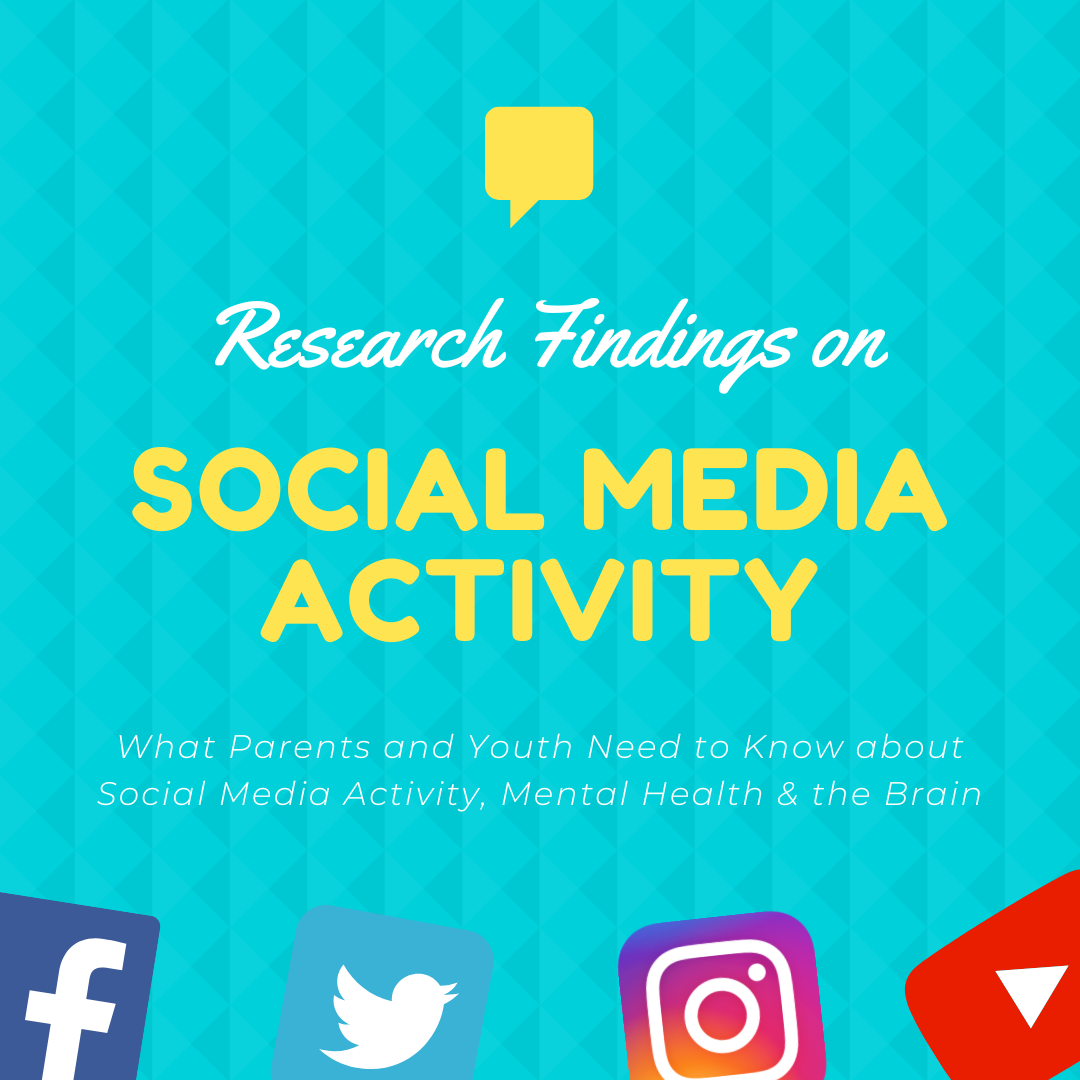|
The research of Dr. Martin Paulus, Scientific Director and President of Laureate Institute for Brain Research (LIBR) focuses on three main areas:
Q: You recently co-authored a review (Screen Media Activity in Youth: A Critical Review of Mental Health and Neuroscience Findings) that looks at the relationship between screen media activity (SMA), mental health, and brain processes. What are researchers finding that will be most useful to parents? A: As parents, it's crucial to be aware of how Screen Media Activity (SMA) - time spent on screens like TVs, computers, mobile phones, and video games - can affect your child's mental health and overall well-being. One of the most important research findings involves the how SMA affects sleep. Excessive time spent on screens, particularly watching videos and playing video games, can negatively impact your child's sleep. This includes shorter sleep times and more difficulty falling asleep. It's particularly important for young girls who spend a lot of time on their smartphones, as they're more likely to have sleep problems. Consider setting boundaries for screen time, especially before bed, to help ensure a good night's sleep. Q: Some parents say when their kids spend a lot of time online it affects their mood. Do the research findings support this? A: Researchers have found that spending too much time on screens can increase the risk of emotional problems like depression and anxiety in children and teenagers. Using social media for extended periods can also lead to increased feelings of family conflict and reduced support from friends and family. Be aware of your child's online habits and ensure they have plenty of opportunities for offline social interactions. Q: The relationship between screen time and attention or thinking skills isn’t exactly straightforward. Can you share what that means for parents? A: Some studies suggest that playing video games might improve attention, but more research is needed. Importantly, juggling multiple forms of media at the same time - like texting while watching TV - can be associated with issues like impulsiveness and lower working memory but it is not clear from the research which is cause and which is consequence. Nevertheless, I would suggest to encourage your child to focus on one activity at a time. Q: What are some other SMA effects researchers are studying? A: The effects of screen time can vary widely. For instance, more screen time can be linked to unhealthy eating habits and weight gain, lower emotional understanding, and poorer academic performance. But, it doesn't necessarily mean your child will be less physically active. Interestingly, watching TV and playing video games can affect children and teenagers differently. Excessive screen time has also been linked to a range of behavioral and learning issues. It's important to monitor your child's screen time and encourage a range of activities beyond screens. In summary, while technology is a part of our lives and can have benefits, excessive screen time can have negative impacts on various aspects of your child's life. Balance is key. Encourage a variety of activities - both online and offline - and set healthy boundaries around screen time. Keep an eye on your child's behavior and step in if you notice any issues. As always, if you're worried about your child's mental health or behavior, don't hesitate to seek professional help.
0 Comments
|
Archives
July 2024
Categories
All
|
VISIT LIBR6655 South Yale Ave. Tulsa, OK 74136
918.502.5100 | [email protected] |
|
© 2009-2024. All Rights Reserved. Laureate Institute for Brain Research
Site powered by Laureate Institute for Brain Research


 RSS Feed
RSS Feed